EURO 2012: Boycott Ukraine?
Friday, 01.06.2012.
14:13

EURO 2012: Boycott Ukraine? It all looked so different five years ago, when the championship was awarded jointly to Poland and Ukraine. Ukraine was still identified with the 'orange revolution'. The hope was that Euro 2012 would encourage it to follow Poland in a successful 'return to Europe'. Instead, Ukraine has travelled steadily in the wrong direction. Tymoshenko is no angel, but her show trial and current imprisonment in Kharkiv, one of the Euro 2012 host cities, has been an example of pure political thuggery. Ukrainian political analyst Mykola Riabchuk says president Viktor Yanukovych is pursuing 'mafia-style revenge'. One could also say 'Donbass-style revenge', this being the style of politics he grew up with in that tough, industrial region of eastern Ukraine. To hear Yanukovych justifying the imprisonment in terms of an independent judiciary and the rule of law, as I did at a meeting earlier this year, was to listen to a homo sovieticus who was not even good at lying. In earlier, private conversations, he had assured Polish and other European leaders that he would change the law or find some other solution to the Tymoshenko issue - so he knew, and we knew that he knew, and he knew that we knew that he knew, that he was lying through his teeth. Or was it: lying like an oligarch? It¹s a moot point how much Yanukovych's failure to deliver on his private promises reflects his own at once fearful and pig-headed determination to eliminate a political rival, and how much rather the implacable hostility towards Tymoshenko of the oligarch Dmitry Firtash, who is said to be among the president's principal financial backers. It was Firtash whose RosUkrEnergo outfit was - pardon my Ukrainian - screwed by the gas deal with Vladimir Putin for which Tymoshenko is being punished. Of course he would argue that he was acting purely as a businessman, and in Ukraine¹s best interest. More serious even than the dirty past, and dirty revenge for it, is the dirty present. One EU official privately comments that this is indeed a country in transition: from an oligarchical economy to a mafia one. According to a Forbes rich list, Yanukovych's oldest son, Oleksandr, reportedly a dentist, is worth an estimated $99m. Even by American standards, that must make him the world's most expensive dentist. But of course he¹s a businessman too, and all this may be the product of honest toil and matchless commercial acumen. The alleged corruption extends all the way down to the extortionate hotel prices in some Euro 2012 host cities which prompted UEFA president Michel Platini to speak of 'bandits and crooks'. And, as a recent BBC television report vividly demonstrated, any football fan with a darker skin should steer well clear of Ukrainian football hooligans. 'Stay at home, watch it on TV', exclaimed the former England captain, Sol Campbell, after watching the programme's shocking footage of racist violence in the FC Metalist stadium in Kharkiv. Now you might think that Poland's post-Solidarity leaders, remembering their 1980s experience of being sidelined by west European and especially German politicians visiting their oppressors, would be the first to support the case for not going to Ukraine. How wrong you would be. Instead, Polish prime minister Donald Tusk returned from last week's informal EU dinner summit saying he had persuaded 'almost all' his fellow European leaders to attend matches in Poland and Ukraine. 'Almost' is a stretch. While most EU leaders are reserving their positions, the presidents of the European commission and council have said they won't go. Both French president Francois Hollande and German president Joachim Gauck have given strong indications that they are unlikely to attend. So it almost seems as if the Germans are behaving like Poles, and the Poles like Germans. Keep engaging constructively; quiet diplomacy is better than the megaphone kind; otherwise the country will be driven back into Moscow's arms: all those arguments we heard from German politicians back in the 1980s, as they cold-shouldered Polish dissidents. Yet the Poles also have some better arguments today. One is peculiar to their own position: they can hardly boycott a championship which they co-host. ('Please don't attend our party!') It does not follow that they must urge other EU leaders to visit Ukraine. Here, the Polish argument is that you have to find measures, both symbolic and practical, that visibly distinguish between Yanukovych and Ukraine. Some Ukrainians agree. 'Boycott Yanukovych, not Ukrainians!' writes the distinguished historian and commentator, Jaroslav Hrycak. Even Tymoshenko herself told a visiting Polish MP that she is against a boycott - but then, you have to wonder what else she could possibly say without worsening her own plight and enabling Yanukovych to paint her as a traitor in the eyes of the Ukrainian public. The difficulty is: how do you actually mark this difference between thuggish president and noble country? Go to the match but not shake hands with Yanukovych or sit in his stand? Diplomatic protocol will hardly allow that, and regime-friendly Ukrainian TV will have all it needs with your visible proximity to the beloved leader. Go, but give a press conference robustly addressing the Tymoshenko case, human rights and corruption in Ukraine? Fine, but how much would your average Ukrainian see of that on TV? Or try the balancing act proposed by German interior minister Hans-Peter Friedrich: go, but only on condition that you can meet with Tymoshenko? There is no universal rule to determine whether or not to boycott a particular sporting or cultural event, be it Euro 2012, the Moscow or Beijing Olympics, or the recent Eurovision song contest in even more oppressive and corrupt Azerbaijan. Because of Poland¹s unique dilemma, there can be no single EU position on this one. So every leader will have to make up his or her own mind. German chancellor Angela Merkel will face a difficult choice if Germany reaches the final. British prime minister David Cameron and foreign secretary William Hague may be spared these agonising moral dilemmas by the performance of the England team. But if England goes through to a quarter-final in Ukraine, and Tymoshenko is still in jail, I think they should not go. Such political sport-tourism is of dubious value anyway and they have more important things to do back home, such as saving the British economy. What do they risk by staying away? Perhaps president Yanukovych will boycott the London Olympics in revenge? If only he would. Timothy Garton Ash is Professor of European Studies at Oxford University, a Senior Fellow of the Hoover Institution, Stanford University, and the author, most recently, of Facts are Subversive Tymoshenko's supporters rally in Kiev (Beta/AP) Should our leaders attend football matches in Ukraine, as part of the Euro 2012 championship which kicks off next week? Or should they boycott them in protest at the political imprisonment of opposition leader Yulia Tymoshenko, the mafioso-type corruption poisoning that country, and violent racism among its football fans? Or should they attend, but insist on meeting Tymoshenko or add some other protest gesture? Timothy Garton Ash "Should our leaders attend football matches in Ukraine, as part of the Euro 2012 championship which kicks off next week? Or should they boycott them in protest at the political imprisonment of opposition leader Yulia Tymoshenko..."
EURO 2012: Boycott Ukraine?
It all looked so different five years ago, when the championship was awarded jointly to Poland and Ukraine. Ukraine was still identified with the 'orange revolution'. The hope was that Euro 2012 would encourage it to follow Poland in a successful 'return to Europe'. Instead, Ukraine has travelled steadily in the wrong direction.Tymoshenko is no angel, but her show trial and current imprisonment in Kharkiv, one of the Euro 2012 host cities, has been an example of pure political thuggery. Ukrainian political analyst Mykola Riabchuk says president Viktor Yanukovych is pursuing 'mafia-style revenge'. One could also say 'Donbass-style revenge', this being the style of politics he grew up with in that tough, industrial region of eastern Ukraine. To hear Yanukovych justifying the imprisonment in terms of an independent judiciary and the rule of law, as I did at a meeting earlier this year, was to listen to a homo sovieticus who was not even good at lying. In earlier, private conversations, he had assured Polish and other European leaders that he would change the law or find some other solution to the Tymoshenko issue - so he knew, and we knew that he knew, and he knew that we knew that he knew, that he was lying through his teeth.
Or was it: lying like an oligarch? It¹s a moot point how much Yanukovych's failure to deliver on his private promises reflects his own at once fearful and pig-headed determination to eliminate a political rival, and how much rather the implacable hostility towards Tymoshenko of the oligarch Dmitry Firtash, who is said to be among the president's principal financial backers. It was Firtash whose RosUkrEnergo outfit was - pardon my Ukrainian - screwed by the gas deal with Vladimir Putin for which Tymoshenko is being punished. Of course he would argue that he was acting purely as a businessman, and in Ukraine¹s best interest.
More serious even than the dirty past, and dirty revenge for it, is the dirty present. One EU official privately comments that this is indeed a country in transition: from an oligarchical economy to a mafia one. According to a Forbes rich list, Yanukovych's oldest son, Oleksandr, reportedly a dentist, is worth an estimated $99m. Even by American standards, that must make him the world's most expensive dentist. But of course he¹s a businessman too, and all this may be the product of honest toil and matchless commercial acumen.
The alleged corruption extends all the way down to the extortionate hotel prices in some Euro 2012 host cities which prompted UEFA president Michel Platini to speak of 'bandits and crooks'. And, as a recent BBC television report vividly demonstrated, any football fan with a darker skin should steer well clear of Ukrainian football hooligans. 'Stay at home, watch it on TV', exclaimed the former England captain, Sol Campbell, after watching the programme's shocking footage of racist violence in the FC Metalist stadium in Kharkiv.
Now you might think that Poland's post-Solidarity leaders, remembering their 1980s experience of being sidelined by west European and especially German politicians visiting their oppressors, would be the first to support the case for not going to Ukraine. How wrong you would be. Instead, Polish prime minister Donald Tusk returned from last week's informal EU dinner summit saying he had persuaded 'almost all' his fellow European leaders to attend matches in Poland and Ukraine. 'Almost' is a stretch. While most EU leaders are reserving their positions, the presidents of the European commission and council have said they won't go. Both French president Francois Hollande and German president Joachim Gauck have given strong indications that they are unlikely to attend.
So it almost seems as if the Germans are behaving like Poles, and the Poles like Germans. Keep engaging constructively; quiet diplomacy is better than the megaphone kind; otherwise the country will be driven back into Moscow's arms: all those arguments we heard from German politicians back in the 1980s, as they cold-shouldered Polish dissidents.
Yet the Poles also have some better arguments today. One is peculiar to their own position: they can hardly boycott a championship which they co-host. ('Please don't attend our party!') It does not follow that they must urge other EU leaders to visit Ukraine.
Here, the Polish argument is that you have to find measures, both symbolic and practical, that visibly distinguish between Yanukovych and Ukraine. Some Ukrainians agree. 'Boycott Yanukovych, not Ukrainians!' writes the distinguished historian and commentator, Jaroslav Hrycak. Even Tymoshenko herself told a visiting Polish MP that she is against a boycott - but then, you have to wonder what else she could possibly say without worsening her own plight and enabling Yanukovych to paint her as a traitor in the eyes of the Ukrainian public.
The difficulty is: how do you actually mark this difference between thuggish president and noble country? Go to the match but not shake hands with Yanukovych or sit in his stand? Diplomatic protocol will hardly allow that, and regime-friendly Ukrainian TV will have all it needs with your visible proximity to the beloved leader. Go, but give a press conference robustly addressing the Tymoshenko case, human rights and corruption in Ukraine? Fine, but how much would your average Ukrainian see of that on TV? Or try the balancing act proposed by German interior minister Hans-Peter Friedrich: go, but only on condition that you can meet with Tymoshenko?
There is no universal rule to determine whether or not to boycott a particular sporting or cultural event, be it Euro 2012, the Moscow or Beijing Olympics, or the recent Eurovision song contest in even more oppressive and corrupt Azerbaijan. Because of Poland¹s unique dilemma, there can be no single EU position on this one. So every leader will have to make up his or her own mind. German chancellor Angela Merkel will face a difficult choice if Germany reaches the final.
British prime minister David Cameron and foreign secretary William Hague may be spared these agonising moral dilemmas by the performance of the England team. But if England goes through to a quarter-final in Ukraine, and Tymoshenko is still in jail, I think they should not go. Such political sport-tourism is of dubious value anyway and they have more important things to do back home, such as saving the British economy. What do they risk by staying away? Perhaps president Yanukovych will boycott the London Olympics in revenge? If only he would.
Timothy Garton Ash is Professor of European Studies at Oxford University, a Senior Fellow of the Hoover Institution, Stanford University, and the author, most recently, of Facts are Subversive










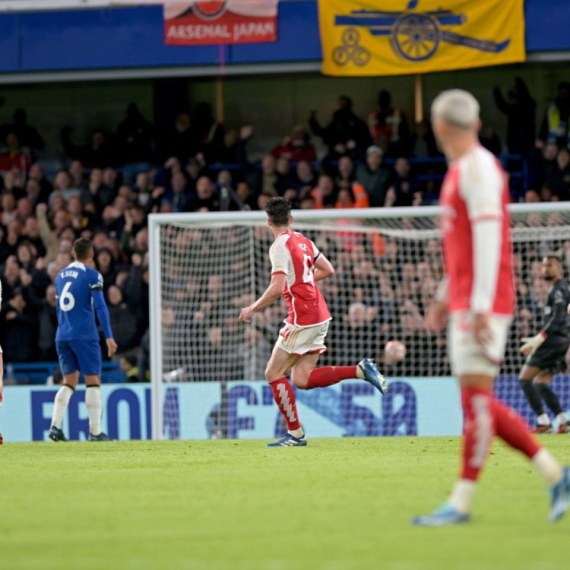

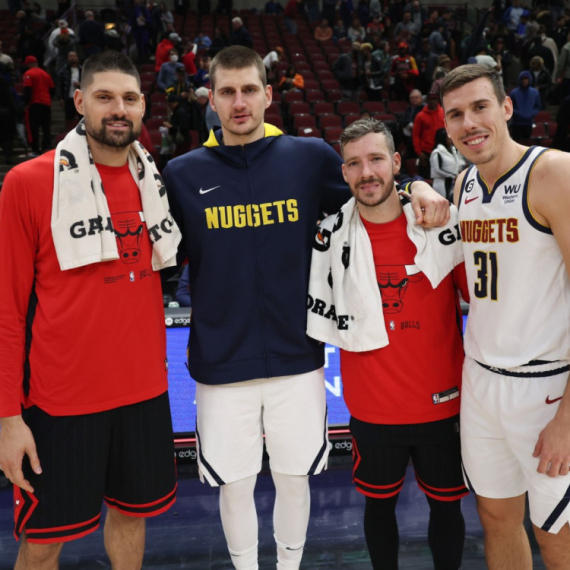
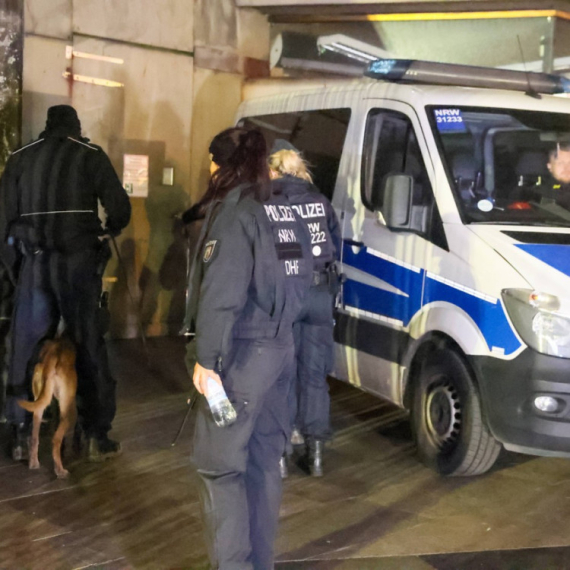
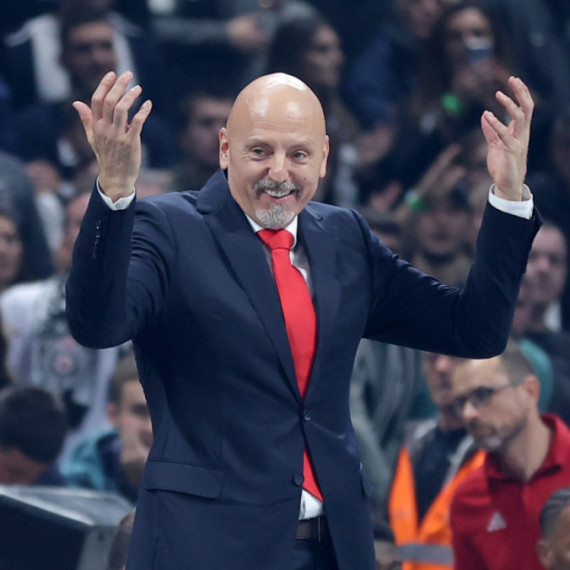
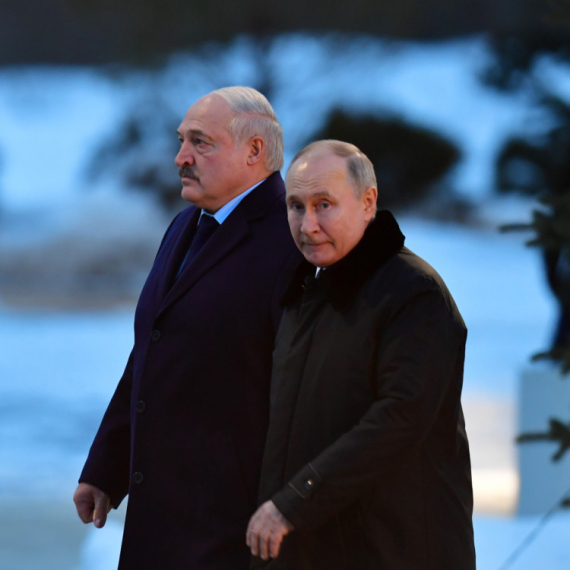
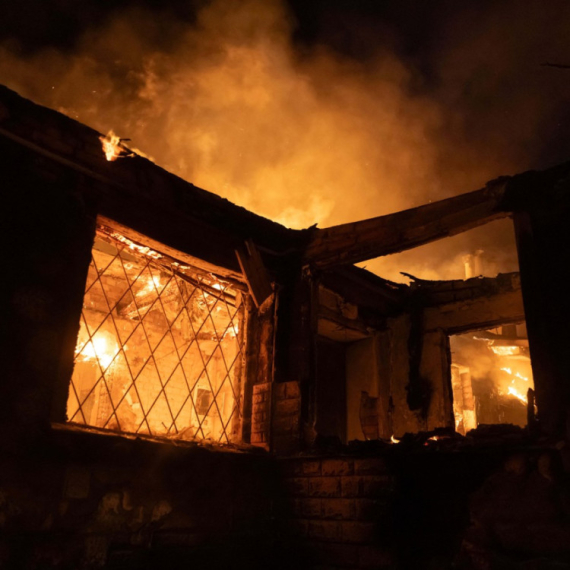
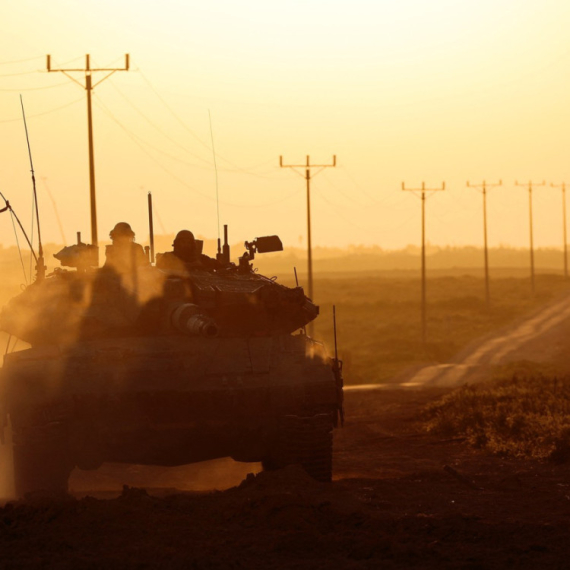
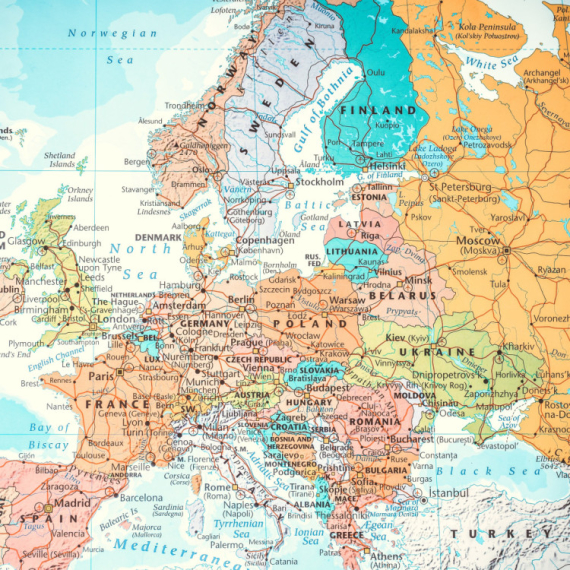
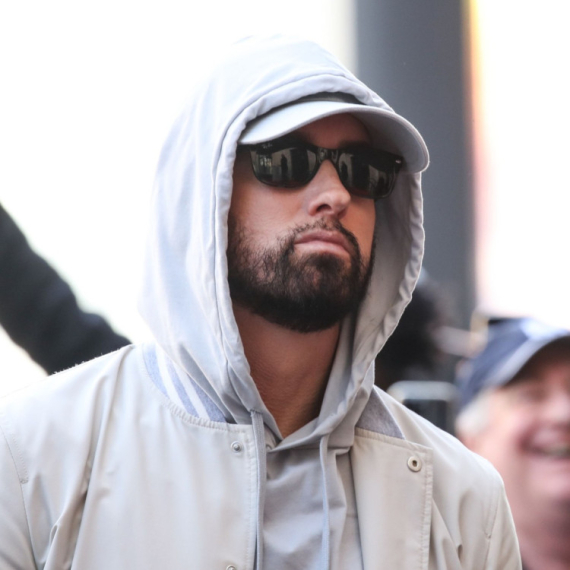
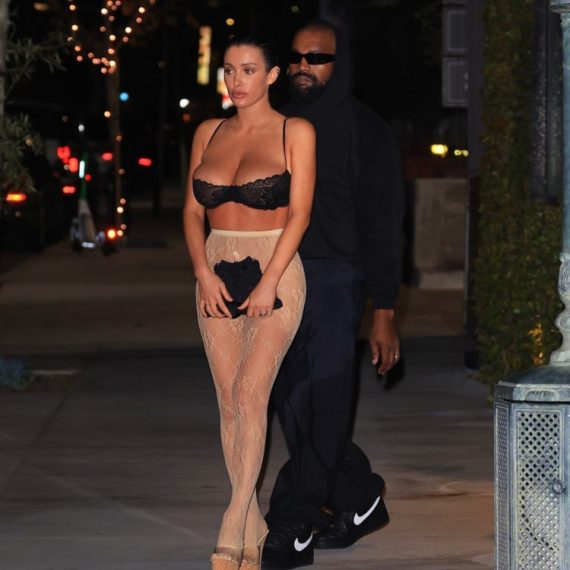

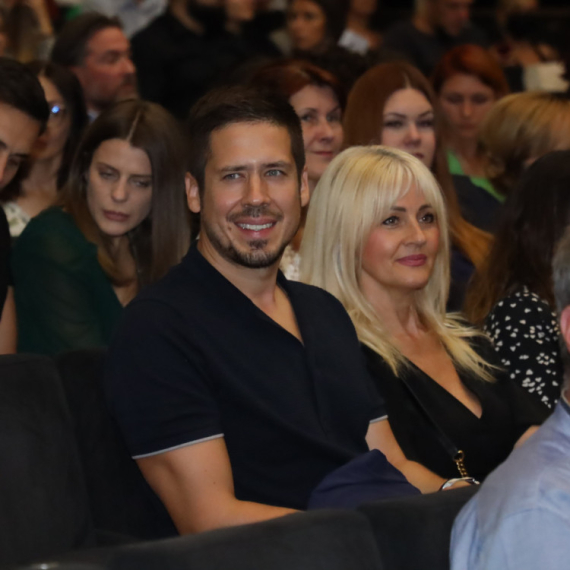
























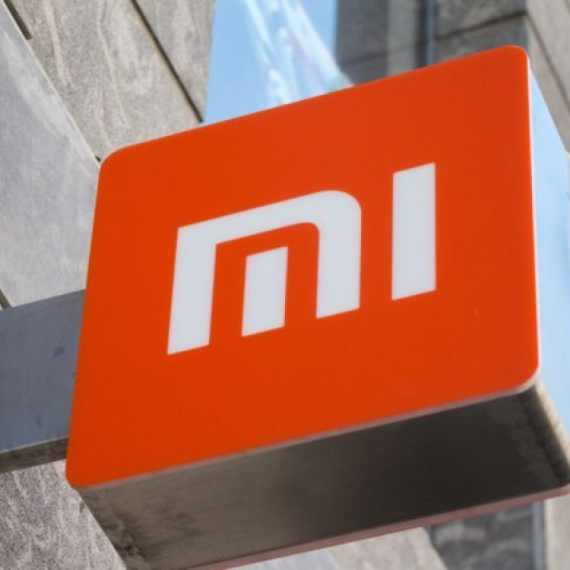
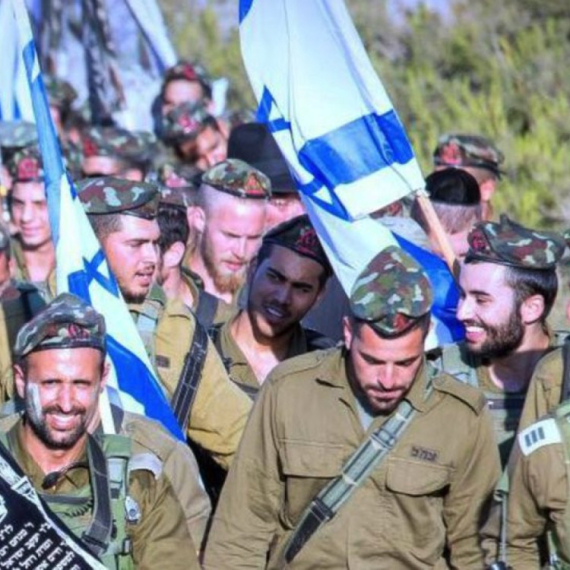





Komentari 3
Pogledaj komentare